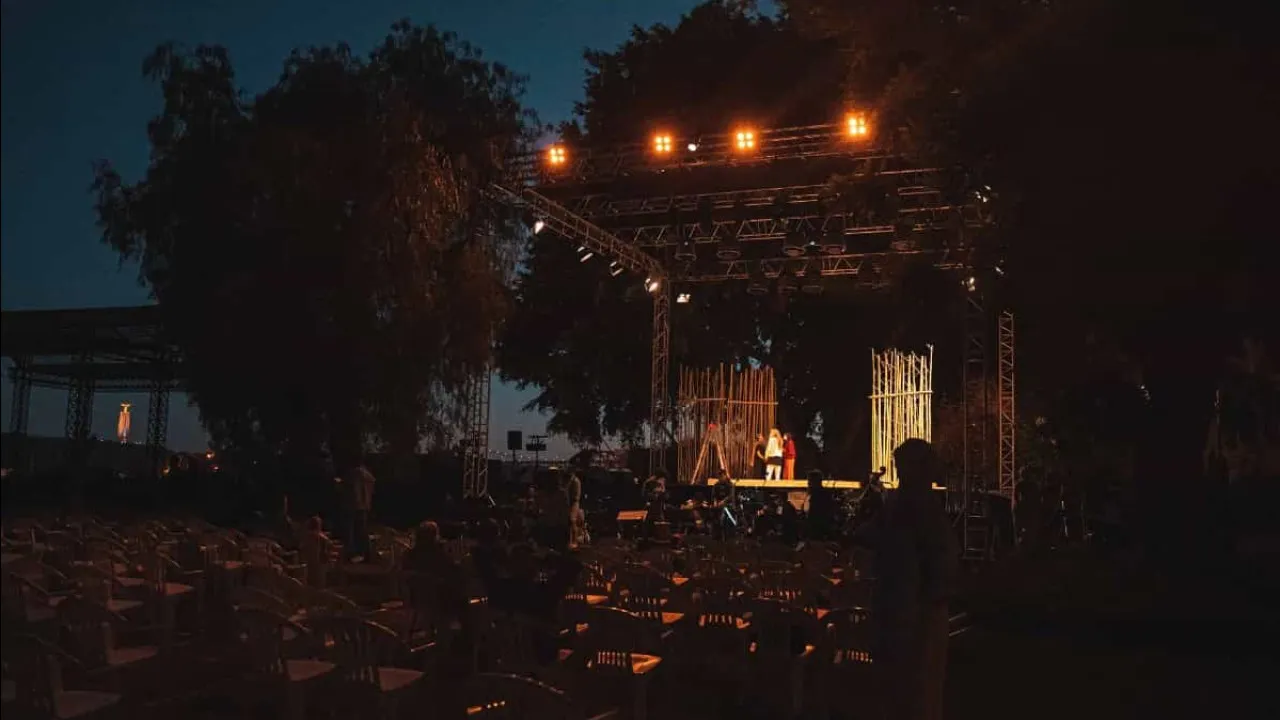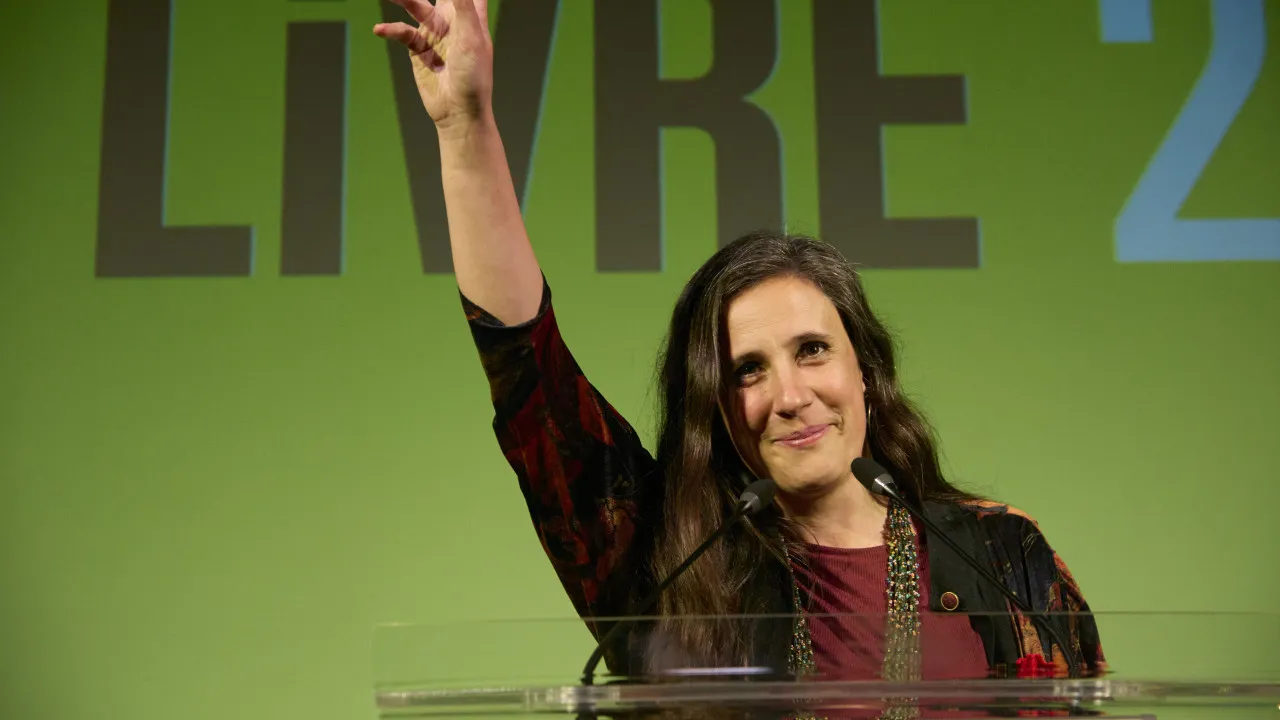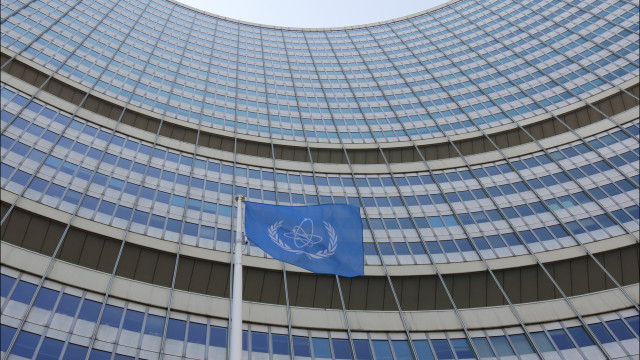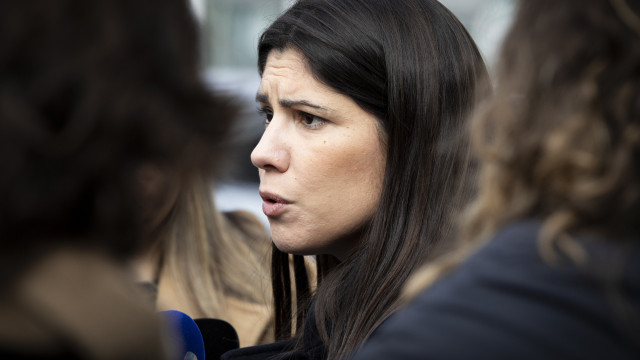
The Convento da Cartuxa in Caxias, within the Oeiras municipality, will serve as the new venue for the festival, kicking off with Verdi’s ‘La Traviata’ on August 7, 9, and 10, and the traditional ‘Rave Operática’ on August 8, featuring Tó Trips & Fakes Latinos, Bateu Matou, and DJ Marfox.
The artistic director of Operafest, Catarina Molder, stated that the festival’s expansion to the neighboring Lisbon municipality allowed for “greater funding, enabling the presentation of the operas in their original versions for large orchestra and chorus.” This also meets “the festival’s need to expand and secure a significant partner, both financially and logistically, to reach a broader audience.”
A highlight of this festival is the national premiere of the opera ‘Julie’ by Philippe Boesmans (1936-2022), a composer who spent much of his career at the La Monnaie Opera in Brussels. The opera, based on Strindberg’s play ‘Miss Julie,’ will be showcased at Culturgest in Lisbon on September 5 and 6.
‘Julie’ is presented in co-production with Artway, conducted by maestro Bruno Borralhinho, directed by Daniela Kerck, and performed by Julia Deit-Ferrand, Camila Mandillo, and Michal Marhold, accompanied by the Beyra ensemble.
Another novelty this year is the presentation of a baroque opera: ‘Dido and Aeneas’ by Purcell, which will be staged on August 29 and 30 at 21:00 in the Aula Magna of the University of Lisbon.
The musical direction of Purcell’s opera will be led by Marcos Magalhães, with staging by Rui Horta. It stars Margarida Simões and Luís Rendas Pereira, with the remaining cast featuring Eduarda Melo, Beatriz Volante, Ana Cloé, and Arthur Filemon, accompanied by the festival choir and the ensemble Os Músicos do Tejo.
Returning after its inclusion in the 2023 program for the festival’s closing this year is Mozart’s ‘The Magic Flute’ at the Olga Cadaval Cultural Center in Sintra, with musical direction by Pedro Carneiro, staging by Mónica Garnel, and a cast featuring Cecília Rodrigues, Bruno Almeida, André Henriques, Patrícia Modesto, and Nuno Dias, among others, supported by the Portuguese Chamber Orchestra.
Catarina Molder highlighted, “this year offers a very rich program,” noting that the chosen theme of ‘Forbidden Loves’ emerged from the underlying theme present in the programmed operas.
With the Oeiras City Council as the main municipal partner and support from the Directorate-General for the Arts and the ‘La Caixa’ Foundation and BPI, the festival’s artistic director stated that the festival continues thanks to a “great passion, perseverance, and a strong desire to reach people,” creating “a positive dynamic for everyone and the growth of opera.”
“Opera generates losses – unlike pop which generates profit – requiring long rehearsal periods and includes the entire design aspect of scenery and costumes, creative teams, and logistics, leading to significant artistic bodies that exponentially increase costs. It is almost a miracle that we have maintained financial health and the programming we have achieved year after year, taking all the risks we have assumed without ever resorting to disguised labor exploitation as is the case with volunteering, which almost all festivals rely on. At Operafest everyone is paid,” Molder declared.
This year’s edition also sees the return of conferences in the cultural space of El Corte Inglés in Lisbon, hosted by musicologists Paulo Ferreira de Castro and Rui Vieira Nery on September 15 and 16, focusing on ‘Opera and Literature’ and ‘Opera and Forbidden Loves’ respectively.
The program also includes a cinema cycle combining the Seventh Art with opera at the Cinematheque in Lisbon. On September 3 ‘Bluebeard’s Castle’ by Michael Powell will be screened, followed by ‘Miss Julie’ by Alf Sjöberg the next day. ‘The Day of Despair’ by Manoel de Oliveira will be shown on September 8, and ‘La Traviata’ by Franco Zeffirelli the following day.
The program is available at https://www.operafestlisboa.com/pt/.




